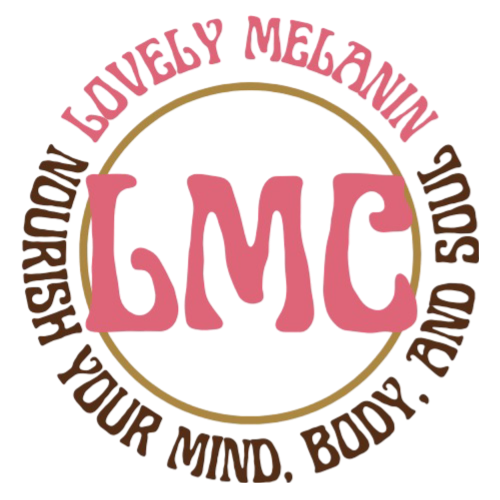Periods are a natural part of life for most women, but they can also be a source of misery, agony, and annoyance. Every woman’s experience of menstruation is different, but there are some common symptoms and feelings that many of us share, and none of them are fun.
The first sign of a period is usually bleeding from the vagina, which can range from light to heavy, and last from two to seven days. The color of the blood can vary from bright red to dark brown, depending on how old it is and how fast it leaves the body. Some women use tampons, pads, menstrual cups, or other products to absorb the blood and prevent staining their clothes, while others just wear black and hope for the best.
Bleeding is not the only symptom of a period, though. Many women also experience physical and emotional changes before and during their menstrual cycle, which can affect their mood, energy, appetite, and overall well-being. Some of these changes include:
- Cramps: These are painful contractions of the uterus that can cause a dull or sharp pain in the lower abdomen, back, or thighs. Cramps can be mild or severe and sometimes interfere with daily activities. Some women find relief from painkillers, heating pads, massage, or exercise, while others just curl up in a fetal position and cry.
- Bloating: This is a feeling of fullness or swelling in the abdomen, caused by fluid retention and hormonal changes. Bloating can make clothes feel tight and uncomfortable and sometimes affect digestion and bowel movements. Some women reduce bloating by drinking plenty of water, eating less salt, and avoiding carbonated drinks, while others just embrace their inner balloon and float away.
- Breast tenderness: This is a feeling of soreness or sensitivity in the breasts, caused by increased blood flow and hormonal fluctuations. Breast tenderness can make wearing a bra or touching the breasts painful and sometimes affect sleep quality. Some women ease breast tenderness by wearing a supportive bra, applying ice packs, or taking anti-inflammatory drugs, while others just use their boobs as weapons and poke people with them.
- Mood swings: These are sudden changes in mood or emotion, caused by hormonal shifts and stress. Mood swings can make women feel happy, sad, angry, anxious, or irritable, and sometimes affect their relationships and self-esteem. Some women cope with mood swings by practicing relaxation techniques, talking to someone they trust, or seeking professional help if needed, while others just unleash their inner Hulk and smash everything in sight.
- Fatigue: This is a feeling of tiredness or exhaustion, caused by blood loss and hormonal changes. Fatigue can make women feel weak, sleepy, or unmotivated, and sometimes affect their concentration and performance. Some women combat fatigue by getting enough rest, eating a balanced diet, and taking iron supplements, if necessary, while others just drink coffee until they can see sounds and hear colors.
- Headaches: These are throbbing or pulsing pains in the head, caused by changes in blood pressure and hormonal levels. Headaches can be mild or severe, and sometimes accompanied by nausea, vomiting, or sensitivity to light and sound. Some women treat headaches by taking painkillers, drinking water, or resting in a dark and quiet room, while others just bang their heads against the wall and hope for the best.
- Acne: These are pimples or blemishes on the skin, caused by increased oil production and hormonal changes. Acne can appear on the face, chest, back, or other parts of the body, and sometimes affect appearance and confidence. Some women prevent or treat acne by washing their face twice a day, using gentle cleansers and moisturizers, and avoiding touching or picking at their skin, while others just cover their face with a paper bag and call it a day.
These are some of the common symptoms and feelings that many women experience during their periods, but they are not the only ones. Some women may have other symptoms, such as diarrhea, constipation, food cravings, or low sex drive, while others may have no symptoms at all. Some women may have regular and predictable periods, while others may have irregular or absent periods. Some women may have positive or neutral feelings about their periods, while others may have negative or mixed feelings.
Periods are a personal and unique experience for every woman, and there is no right or wrong way to feel about them. The important thing is to listen to your body, take care of yourself, and seek help if you have any concerns or questions. Periods are not something to be ashamed or afraid of, but rather a sign of health and fertility. Periods are a part of being a woman, and being a woman is something to be proud of, even if it sucks sometimes.
